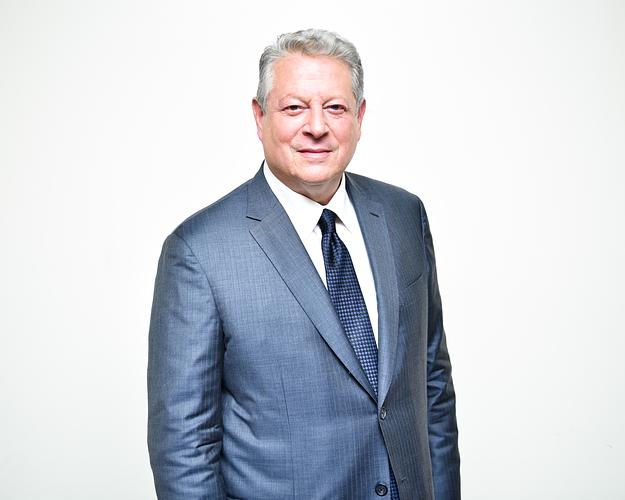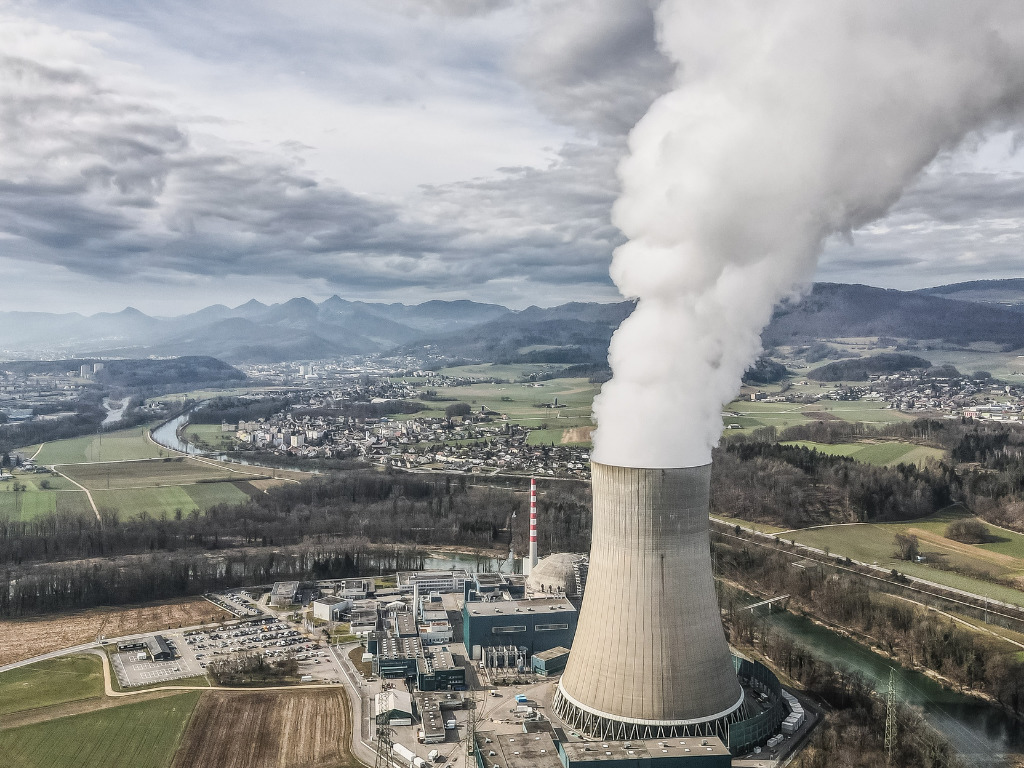Can This Al-Gore-Backed AI Tool Change the Game on Climate Action?
4 Mins Read
Climate TRACE, the global non-profit coalition working to make meaningful climate action faster and easier by independently tracking greenhouse gas emissions, has released data on more than 70,000 polluters.
Last month, during the COP27 climate summit in Egypt, the Al Gore-backed NGO Climate TRACE ( TRACE stands for Tracking Real-Time Atmospheric Carbon Emissions), which launched in 2020, announced it had identified more than 70,000 of the top pollution producers on the planet.
The organization, co-founded by the former Vice President, reported that its findings are the “most detailed facility-level global inventory of greenhouse gas emissions to date.” It included sites across mining, waste, refining, agriculture, shipping, and manufacturing industries.
World’s top polluters
More than half of the world’s top 50 polluters are oil or gas-related fields and facilities; fossil fuels are already the leading source of global greenhouse gas emissions.
The report also found that the top 500 polluters of the more than 70,000 identified, are responsible for 14 percent of 2021’s total global emissions.

The organization says globally, emissions from oil and gas production are “significantly underreported,” with its data showing that of the countries required to report regularly to The United Nations Framework Convention on Climate Change, emissions are as much as three times higher.
“The climate crisis can, at times, feel like an intractable challenge – in large part because we’ve had a limited understanding of precisely where emissions are coming from,” Gore said in a statement. “This level of granularity means that we finally have emissions data that enable us to act decisively. It also means we can prioritize efforts to achieve the deep cuts in greenhouse gas pollution we need to prevent the most catastrophic impacts of the climate crisis.”
The magnitude of the report shows Climate TRACE’s potential in bringing more accountability to key industries about their contributions to climate change and their decarbonization efforts.
Climate TRACE vs. polluters
The leaderless coalition of researchers and tech companies says its data are free and public, a structure founding member Gavin McCormick says is “essential” for earning trust.
“The release of this massive dataset represents the combined efforts of more than 100 contributing organizations worldwide,” McCormick said in a statement. “Between us all, we’ve been able to estimate the emissions of nearly all the largest emitting facilities on the planet.”
The organization, which started as a student project led by McCormick at UC Berkeley, has spiraled into a critical voice in the climate fight.
“We started it for fun,” McCormick told Protocol. “It was very much by accident. There was no founding vision, no deep-seated belief that what we were doing would save the world.”
Beyond the backing of Gore, it’s also supported by John Doerr who recently donated $1.1 Billion to Standford for its new Climate School. Google’s charitable arm, Google.org, has also supported Climate Trace as has Eric and Wendy Schmidt’s philanthropic venture Schmidt Futures.
Climate TRACE is using AI — it applied for funding through Google’s AI Impact Challenge — using satellite data to help clarify climate data around emissions sources. The coalition now includes more than 50 organizations including businesses, research labs, and non-profits, working to detect and track global emissions in real-time.

The new report follows Climate TRACE’s first major release last year, the world’s first global emissions inventory that’s searchable by sector and country.
“That’s the first time that’s ever been done, and the work has continued and intensified,” Gore said.
The organization is also focused on circumnavigating self-reporting, the standard for most industries. Gore says those reports are often out of date by more than five years and include “large omissions.”
“All of the present data sources on greenhouse gas emissions, other than Climate TRACE, are derived from a single bottleneck source,” Gore said. The organization has already found inconsistencies between reported emissions and its own detection data.
“Our work is far from done,” McCormick says, “but I’ve been thrilled to hear from climate negotiators, corporate sustainability teams, investors looking to decarbonize, climate scientists, and even activists that this information is already a game changer that can help them make better decisions and decarbonize faster.”



